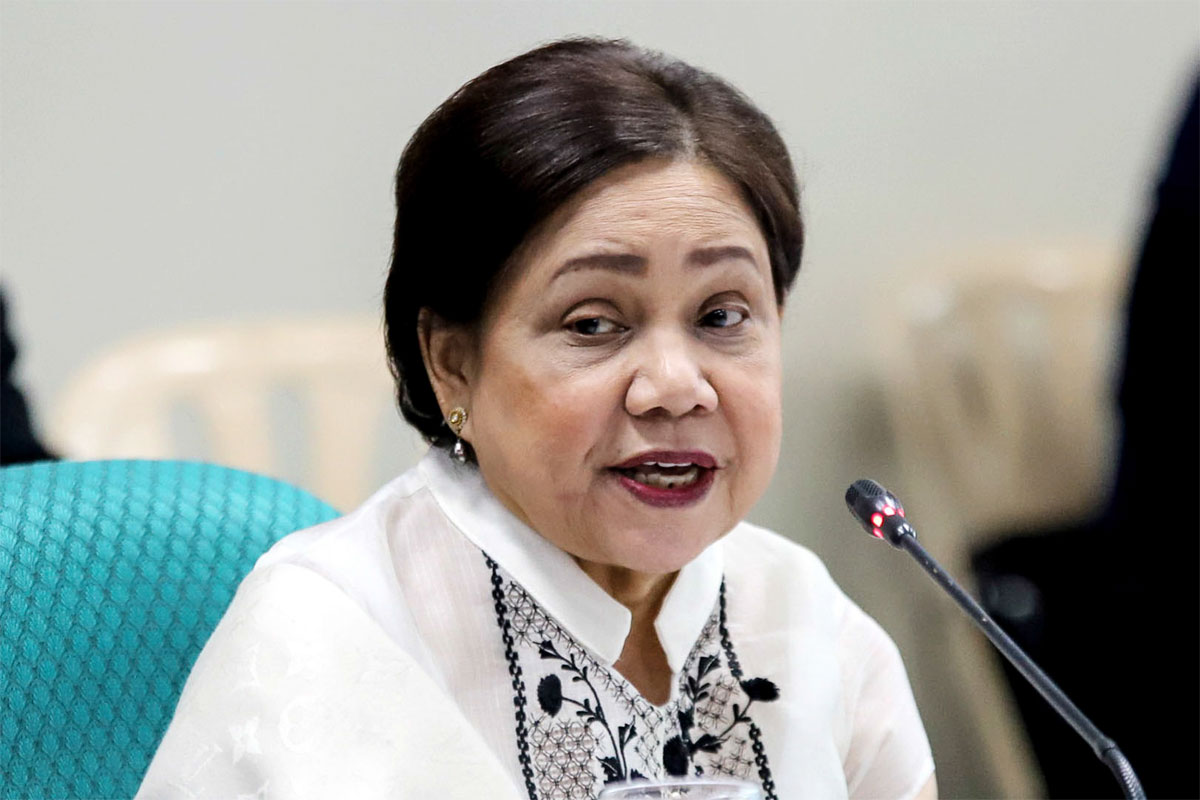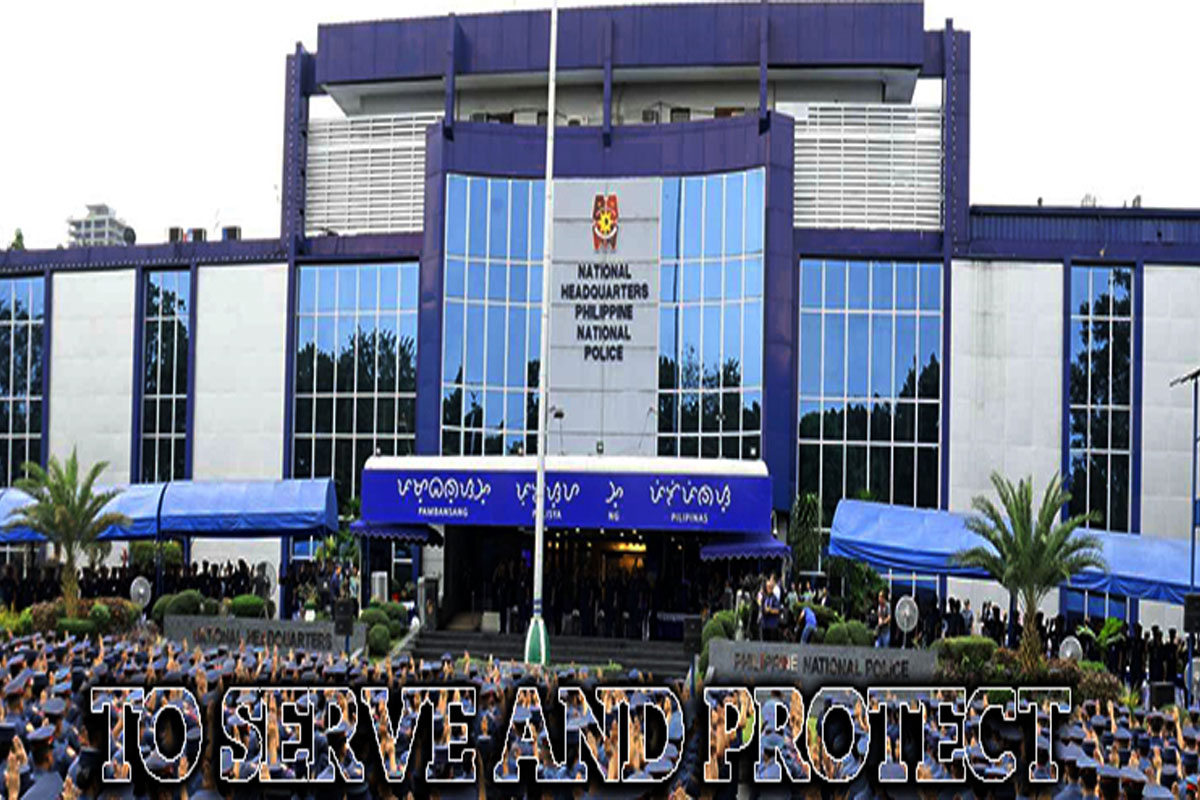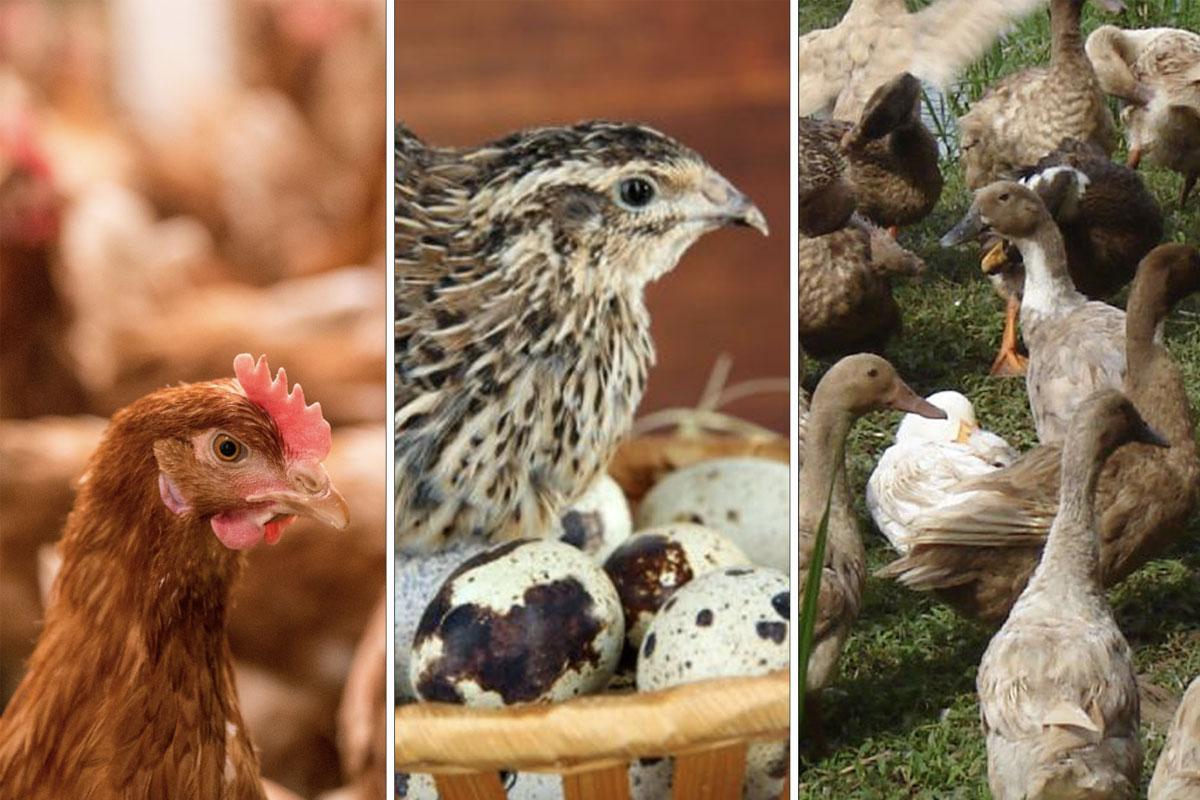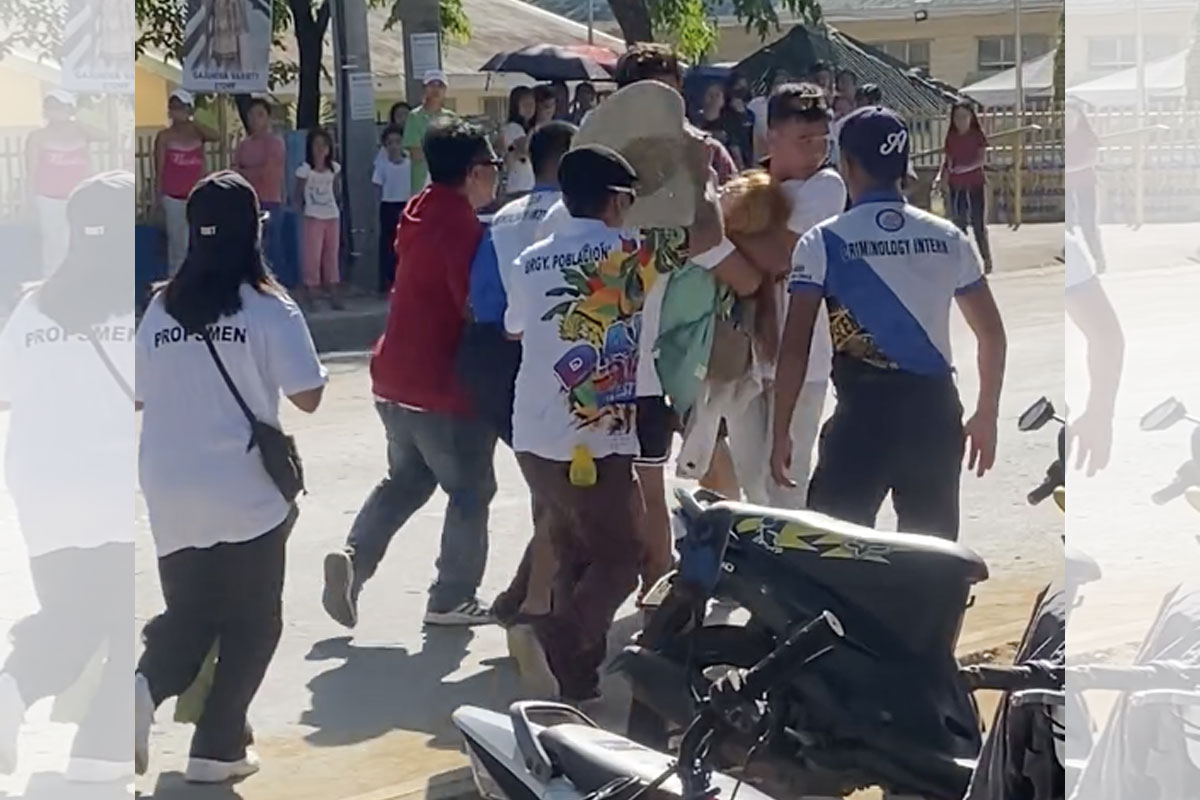
Senate agri panel to review bills expanding livestock industry
SENATOR Cynthia A. Villar, chairperson of the Committee on Agriculture, Food and Agrarian Reform, on Monday (January 9), presided over a hybrid hearing on various proposed measures to develop the livestock industry in the country.
Discussed during the first-panel hearing of 2023 was Senate Bill Nos. (SBN) 119 and 792 seeking to establish a livestock, poultry, and dairy competitiveness enhancement fund introduced by Villar and Sen. Jinggoy Estrada, respectively; SBN 972 seeking to establish a livestock diagnostic laboratory, introduced by Sen. Manuel “Lito” Lapid; and SBN 999 seeking to create the Philippine Native Animal Development Center, introduced by Sen. Sonny Angara.
“The constantly increasing demand for animal protein associated with the increase in our population needs government support,” Villar said as she envisions further intensifying livestock production to safeguard food security and the livelihood of farmers.
Villar noted that the livestock industry had received “limited” attention and development assistance from the government, with fiscal support averaging only P3.2 billion or 3.18% of the total budget for the Department of Agriculture (DA) from 2015 to 2020.
For his part, Sen. Francis Tolentino called on DA officials to help improve the dairy industry and ensure that Filipino children have access to high-quality milk products.
During the same hybrid hearing regarding bills filed for developing the livestock industry of the country, Tolentino said that all efforts to alleviate the plight of the dairy industry should be welcomed.
“I was privileged to be the Cabinet-in-charge during the visit of the incumbent New Zealand Prime Minister [Jacinda Ardern] during the last APEC (Asia-Pacific Economic Cooperation). New Zealand has been known as the dairy country center, and they have been providing us inputs before, but, I am surprised, we have yet to assimilate what New Zealand was trying to provide us,” Tolentino said.
He added that during several trips to dairy centers and facilities in Nueva Ecija, South Cotabato, and Albay, he observed that the country’s milk production is still “inadequate” such that importation of milk products is still needed to meet the country’s demand.


















